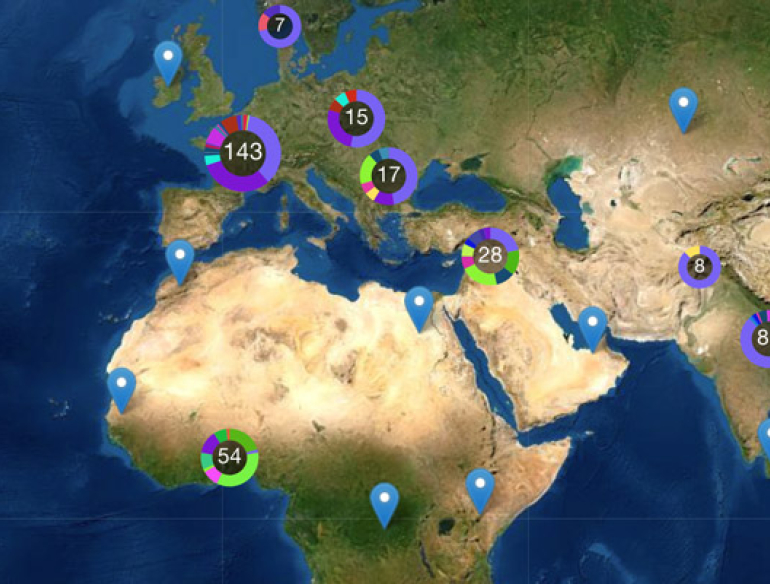Pandemics and serious epidemics have an impact which is immediate, acutely disruptive and requiring surge capacity in health systems and human resources. They have major societal and economic consequences, both in countries with weak health systems and scarce human resources for health, but also in wealthy countries, as exemplified during the COVID-19 pandemic.
The project received a MRFF Frontiers Stage 1 grant to develop our epidemic observatory, EPIWATCH, into a fully automated intelligent system with full language and GIS capability, with a framework for seamless integration of risk analysis tools to enable rapid, early detection of serious epidemics. The system monitors global epidemics and provides critical analysis of important epidemics for use by policy makers, government and other stakeholders
We are doing epidemiology and software engineering research to develop the EPIWATCH prototype into an enhanced, automated rapid intelligence system using novel methods and artificial intelligence to complement traditional surveillance, with interactive user interfaces on the web and apps.
The EPIWATCH ‘Global Eye’ monitors signals from around the world 24/7 through its AI-driven data collection including news casts, social platforms and medical reporting using over 41 global languages including the major languages in Asia. Early detection of epidemic signals can prevent spread of serious emerging infections. Since 2016, EPIWATCH has been developed and continually improved, with rigorous research and evaluation.
EPIWATCH can capture early epidemic signals globally and enable early detection of epidemics, leading to prevention of global spread.
- CSIRO Data61
- The MRFF Frontier Health and Medical Research Grant

